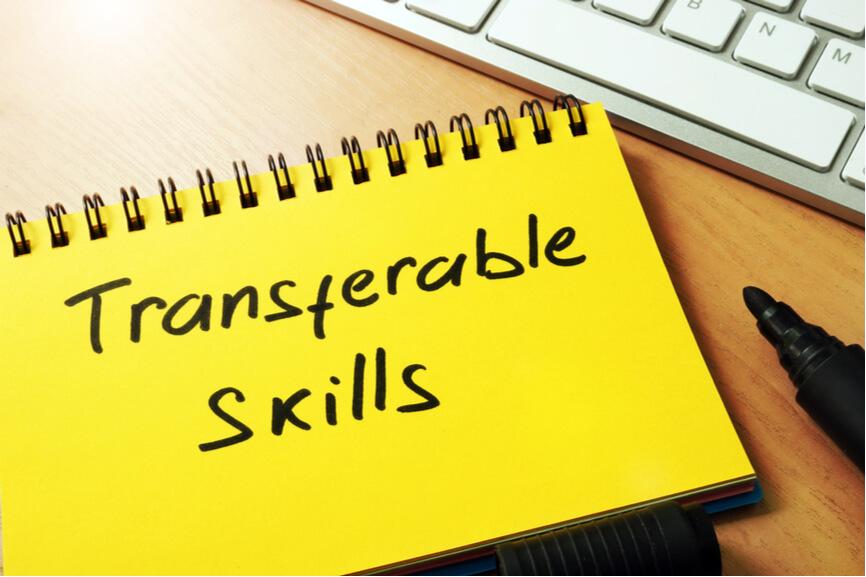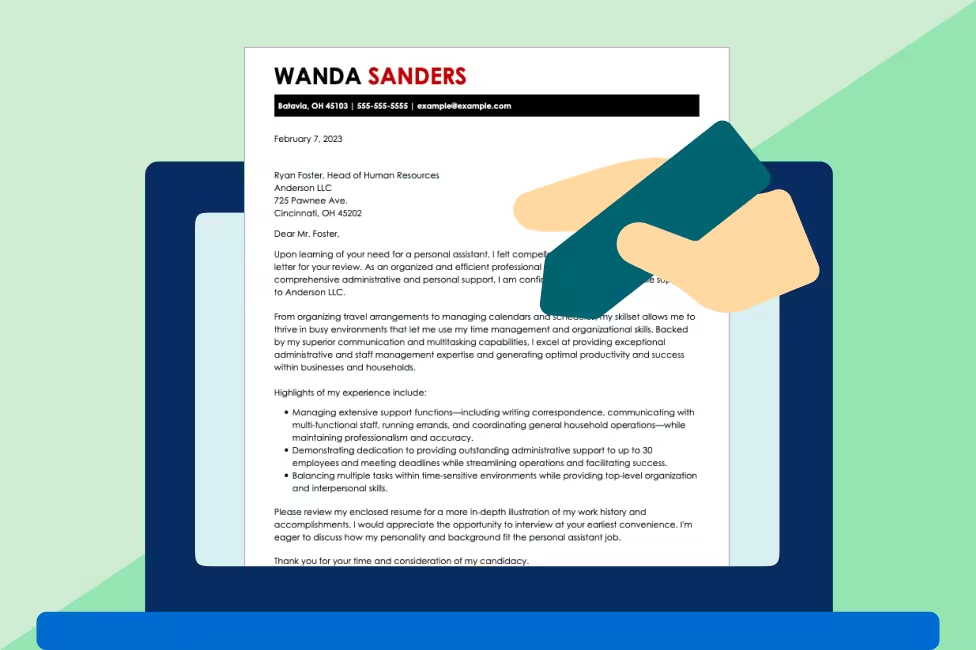How Many Pages Should a Resume Be?
Resumes are usually one to two pages long. Your goal is to keep your resume as concise as possible while ensuring it fits the length of your career.
Writing your resume is much easier when you have a target length. The ideal resume length depends on your years of work experience and specific industry. We’ll explain that more below.
Deciding the ideal resume length
Two main factors will help determine how long you should make your resume.
Experience level: The accepted rule is that your resume should be one page for every 10 years of work experience. Here’s a chart breaking it down:
Years of experience
>10 years
10 years
15 years
20 years
25 years
30 years
35 years
40 years
45 years
50 years | Ideal resume length
1 page
1 page
1.5 pages
2 pages
2.5 pages
3 pages
3.5 pages
4 pages
4.5 pages
5 pages |
Job industry or field: Longer resumes are expected in specific job fields. When applying for academic, science or research positions, your resume or CV may need more than a page.
If you’re ready to write your document, take advantage of our best tool for the job, our Resume Builder.
The builder features 25+ resume templates that take care of resume formatting so that your document can easily fit onto a single page if that’s what you need. You can also customize it with additional sections!
Build My Resume
How to Reach the Ideal Resume Length
- Be brief and impressive: Keep your work descriptions short and focus more on achievements than daily tasks or duties. Highlighting your achievements and using action verbs to describe your work will impress employers more than the day-to-day job duties.
- Use numbers for impact: Instead of just listing your responsibilities, showcase the results of your actions. For example, “Cut inventory costs by 35%” carries more value than “In charge of inventory management.”
- Focus on what’s relevant: Try to feature work experience and computer skills that are the most pertinent to the job. Match your resume’s content to the employer’s specific needs and resume keywords from the job description.
- Group similar achievements: If you have multiple similar achievements, group them. For example, instead of listing each training session separately, you can say, “Trained 20+ employees in Lean, Agile and Six Sigma techniques.” It will save a lot of space on your resume.
- Fine-tune the design: You can slightly adjust font size, spacing and margins to fit your resume on one page. But keep it from looking cramped or hard to read! Keep font size between 11-13; one inch is standard for margins.
- Use bullet points: Keep your bullet points concise and impactful. Aim for three to five bullet points per job. Each bullet should stay between one to two lines long. Include more bullet points for newer jobs.
Can a resume be two pages long? Absolutely. You can let your resume stretch onto two or even three pages if you’ve had enough jobs relevant to the current position.
Deciding what to keep on your resume may be easier if you get someone to review it for you. Check out our professional writing services for an expert’s opinion on your resume length!
We also have a digital alternative, our Resume Check. Resume Check will scan your document for 30+ resume issues and suggest how to fix them!
Standard Resume Template
With the right template, you can fit all your relevant accomplishments and skills into a one-page resume. Edit the resume template below with your personal details, or find resume examples for various jobs and industries for a pre-written document tailored to your needs.
How Long Should a CV Be?
Although resumes are one-to-two pages long, a curriculum vitae (CV) can extend to 10+ pages. Because of their highly detailed nature, CVs don’t have a limit on their number of pages.
A CV should mention all the key details of your career and education. In some cases, employers even encourage you to share more personal information, such as volunteer work or hobbies, all to get a complete picture of the candidate they’re considering hiring.
If you need help customizing your CV, check out our CV Builder. You’ll access over a dozen editable templates plus pre-written content suggestions tailored to your desired job.
Build My CV
How Long Should a Resume Summary Be?
The resume summary is a key section consisting of a brief paragraph between two to five sentences long, highlighting your most impressive, relevant qualifications.
Resume summaries are the first section recruiters see. Therefore, you shouldn’t overextend or overload it with too much information. Stick to the qualifications that are the main requirements for the job, such as years of experience, education level or degree, top skills or a relevant quantifiable achievement to help you stand out.
PRO TIP
Looking for a shorter version of a resume profile? Try opting for an objective statement, which tends to be shorter than resume summaries and is best suited for inexperienced candidates.
How Long Should Bullet Points Be on a Resume?
Most of your resume’s content will be written in bullet point format. Sections like the skills section, summary of qualifications, and work experience will consist of bullet point phrases that are easier for recruiters to read than longer paragraphs.
The length of your resume bullet points should be no longer than two to three lines on your resume’s page. Keep these phrases concise by using a true-and-tried formula:
Action + Task + Result (ATR) for resume bullet points
Action: Managed cross-functional teams
Task: To complete a major product launch on time and within budget
Result: Delivered the project two weeks ahead of schedule, saving $50,000 in costs.
Example: “Managed cross-functional teams to complete major product launch on time and within budget, delivering project two weeks ahead of schedule and saving $50k in costs.”
Key Takeaways
Resume length is flexible; there is no one-size-fits-all length!
The ideal resume length is typically one to two pages, depending on your experience level. Aim for one page for every ten years of experience.
Students’ resumes should be one page since most students have limited work experience to discuss.
Some fields, like academia or research, may require a CV. To write a CV, check out our CV Builder.
Tailor your resume to the job you’re applying for, highlighting relevant skills and experiences.
Use the limited space of your resume wisely: Bullet points, quantifying achievements, and focusing on results rather than daily tasks will make it more impactful.
Your resume summary is the only section that will be an actual paragraph and should extend to two to five sentences.
Your resume bullet points should be one to three lines long. Ensure their conciseness by following the Action, Task, Result (ATR) formula and leaving out unnecessary words and articles.
Fine-tune font size, spacing, and margins to make your resume visually appealing and fit within the desired length.
Ask for a review from a professional or trusted friend to ensure your resume is clear, concise, and effectively showcases your qualifications.
Ready to craft a resume that stands out? Our Resume Builder takes the stress out of creating a professional, impactful document.
Choose from stunning templates, get expert-written text suggestions, and build a resume that lands you interviews.
Best of all, it also comes with complete access to our equally helpful Cover Letter Generator.
Build My Resume Now
How We Reviewed This Article
Over the past 15 years, we’ve helped more than 10 million job seekers build stronger cover letters, discover their career paths, interview confidently, and boost their chances of finding the right job faster. Review our Editorial Policy to learn more about our process.









